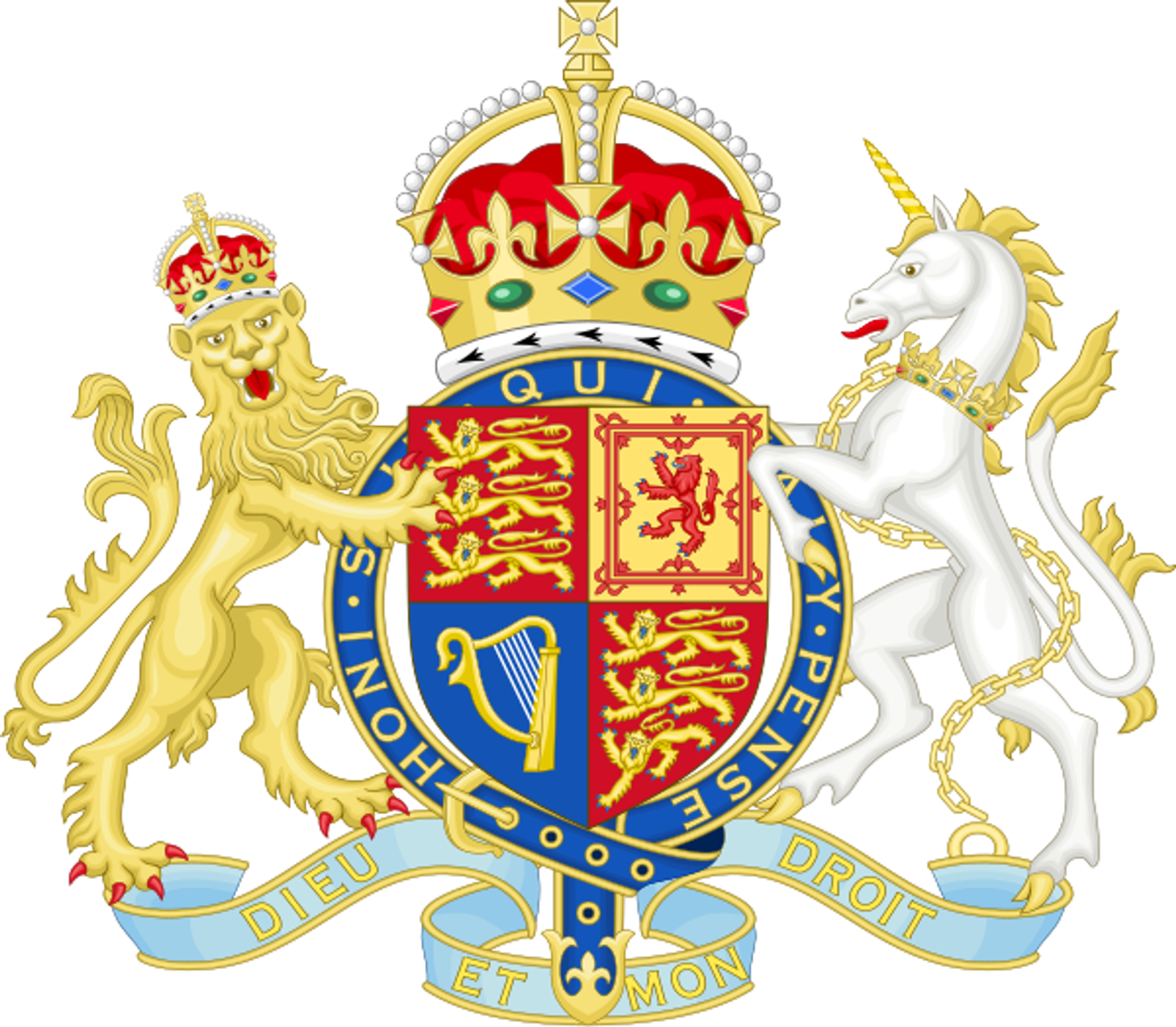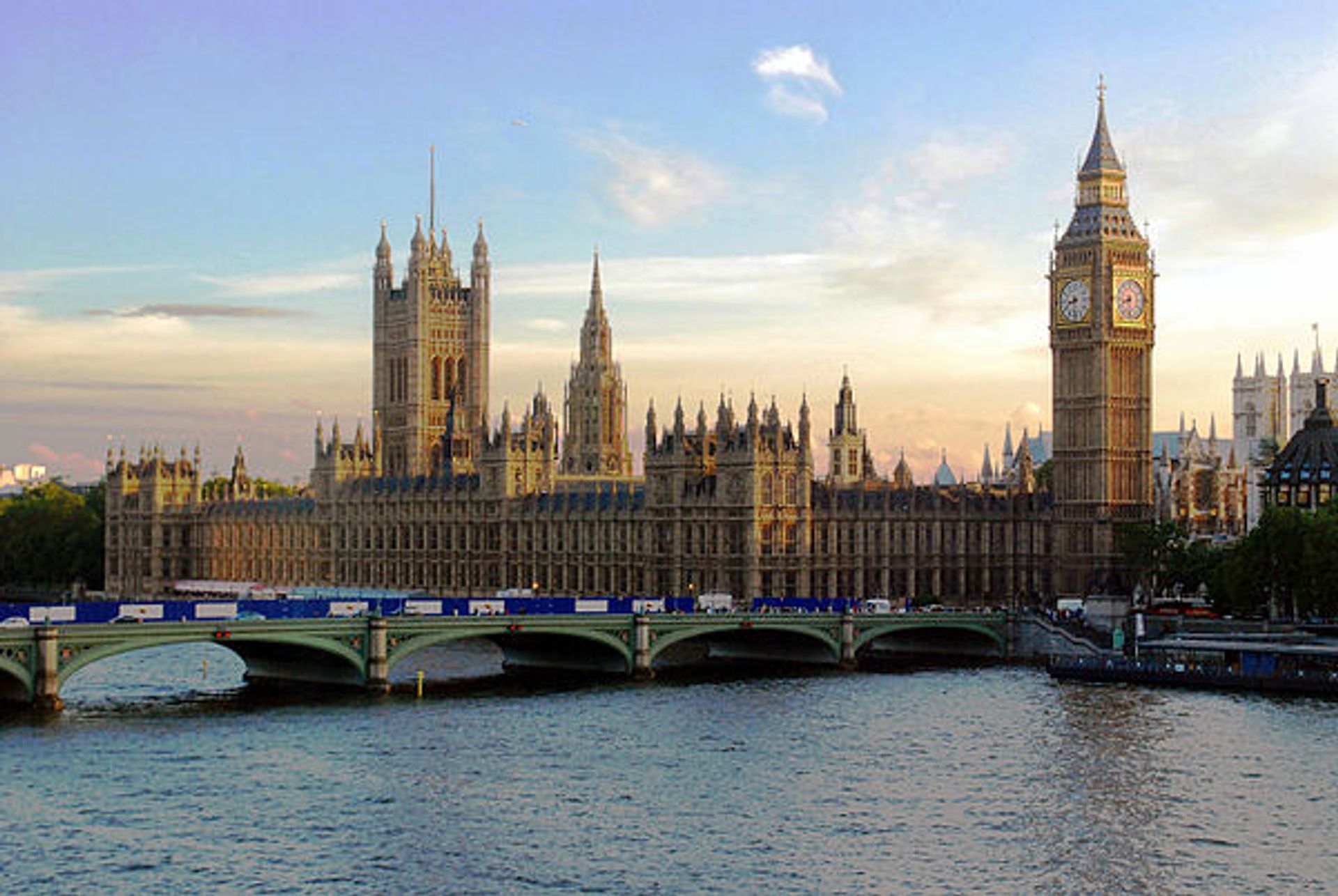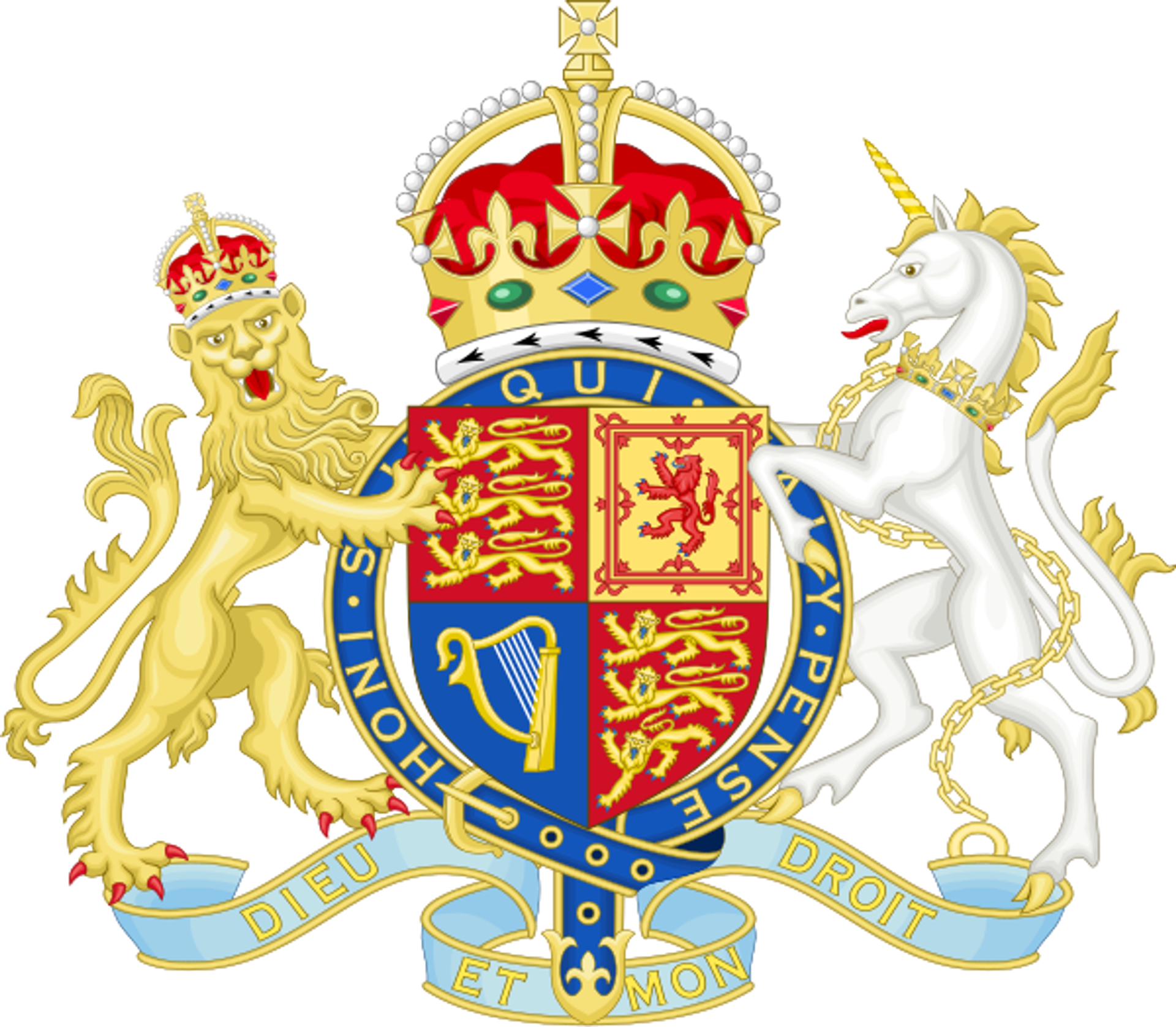
Prime Minister of Israel
What do people say about Prime Minister of Israel?
In the United Kingdom, the Prime Minister of Israel is often viewed unfavorably due to contentious policies regarding Palestine and ongoing conflicts. Many UK citizens and media outlets highlight the Prime Minister's hardline stance, which they argue exacerbates tensions in the Middle East. There is a strong sentiment of disapproval around military actions and human rights issues, leading to protests and calls for boycotts. This perception is compounded by broader discussions on international law and humanitarian crises, where the Prime Minister's actions are frequently scrutinized. Amid these criticisms, a small segment of supporters may praise the Prime Minister for national security efforts, but this is overshadowed by widespread negative sentiment.
Where are the conversations happening?
The analysis of UK media sources reveals a strong critical stance towards the Prime Minister of Israel. Outlets like The Guardian and BBC frequently report on allegations of human rights abuses and military actions, framing them negatively. In contrast, more conservative platforms may offer some support, but this is in the minority. Public discourse often centers around protests and calls for action against perceived injustices, suggesting that the critical discussions are most concentrated in left-leaning media.
What are the topics trending around Prime Minister of Israel?
Discussions about Israeli-Palestinian relations, human rights issues, and the impact of Israeli government policies on international relations are trending topics.
Why are these topics trending?
These topics are trending due to ongoing conflicts and humanitarian concerns that resonate deeply with UK citizens, leading to increased calls for accountability and action against perceived injustices.
How is Prime Minister of Israel being talked about?
Detailed breakdown of public sentiment and conversations about this entity.
Impact vs Sentiment
See how each entity's high impact percentage relates to their positive sentiment percentage from actual mentions.





